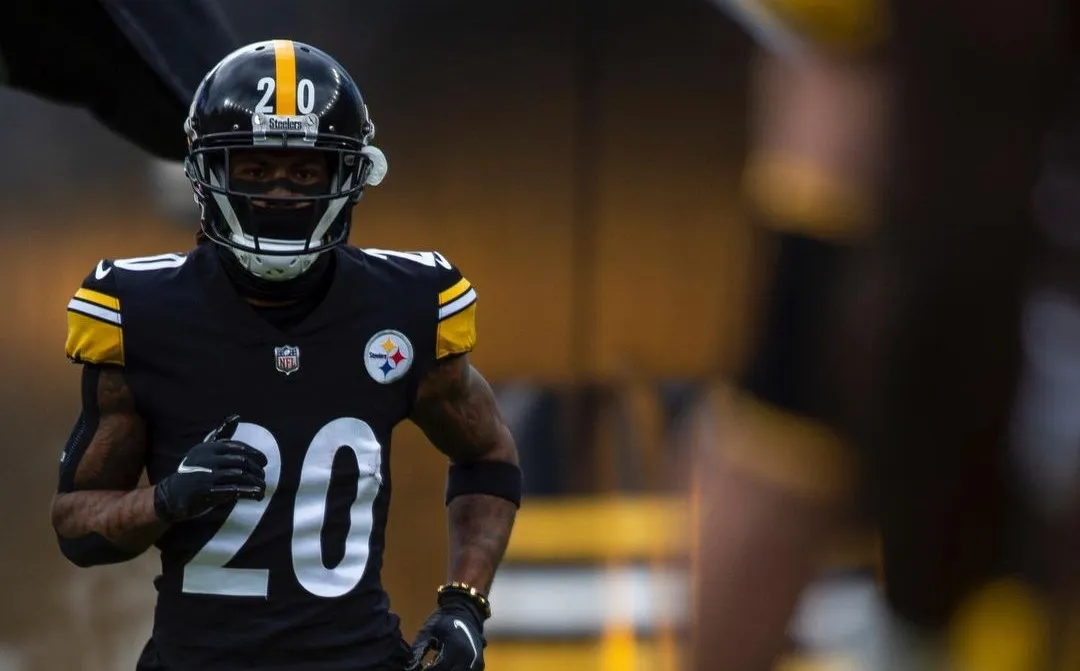Summary
- Fallout 's Emmy nominations are a significant milestone for live-action video game adaptations, signaling a positive trend post- The Last of Us .
- The recognition of video game franchises like Fallout and The Last of Us at the Emmy Awards indicates a shift in mainstream attitudes.
- These adaptations, which showcase diverse and compelling storytelling, prove that video game narratives can stand among the year's best dramas.

HBO's The Last of Us made history by becoming the first live-action video game adaptation to receive Emmy Awards nominations. Now, Amazon Prime Video's equally critically acclaimed Fallout adaptation is continuing that exciting trend. Handed out in January 2024, the 75th Primetime Emmy Awards saw The Last of Us earning a whopping 24 nods, including Outstanding Drama Series and lead acting nominations for its stars, Pedro Pascal and Bella Ramsey. The post-apocalyptic drama also earned seven guest actor nominations for Murray Bartlett, Storm Reid, Nick Offerman, Anna Torv, Lamar Johnson, Keivonn Montreal Woodard, and Melanie Lynskey.
With additional nominations in everything from production design to writing, Craig Mazin and Neil Druckmann's adaptation of The Last of Us even managed to eke out four wins in incredibly crowded and competitive races. Notably, Reid and Offerman won for their guest acting roles, which correlated to two of The Last of Us season 1's best episodes. On September 15, Fallout will compete in just two categories at the 76th Primetime Emmy Awards, including Outstanding Drama Series and Lead Actor, thanks to Walton Goggins' standout performance as The Ghoul/Cooper Howard. Even with fewer nods, Fallout's nominations are worth celebrating.
Fallout's Emmy Nominations Continue A Positive Trend That Started With The Last Of Us
With Its Nominations, Fallout Represents The Ongoing Success Of Live-Action Video Game Adaptations
In the past, awards shows like the Emmys haven't taken "genre" projects seriously. That started to shift with high-profile, big-budget adaptations like HBO's Game of Thrones. Although the 59-time Emmy-winning Game of Thrones translates George R.R. Martin's book series to the small screen, it certainly helped shift mainstream and critical attitudes. Even The Walking Dead, AMC's hugely popular post-apocalyptic drama that's based on a comic book series, changed prevailing attitudes about the narrative integrity of genre shows. Undeniably, The Last of Us brought video game adaptations into the awards conversation.
Fallout's [Emmy nominations prove that]...the HBO series wasn't a fluke.
Even though Amazon Prime Video's Fallout garnered just a fraction of The Last of Us' Emmy nominations, it proves that the HBO series wasn't a fluke. Video games have long boasted compelling narratives; the interactivity of the medium, which is definitely a strength, has sometimes been seen as a detractor — as if the player's impact on a game's outcome took away from the medium's artistry. Upon its release, Fallout garnered rave critical reviews on Rotten Tomatoes, with long-time fans and newcomers alike praising the distinctive tone and world of Fallout. Now, the Emmy nominations deepen the show's impact.
Fallout & The Last Of Us Are Changing Views Of Live-Action Video Game Adaptations
Mainstream Audiences & Critics Alike Are Finally Recognizing Video Game Franchises' Storytelling Successes
Like any medium, video games feature a range of stories, tones, and genres — and the TV adaptations of these properties follow suit. There is room for both The Super Mario Bros. Movie and its $1 billion box office draw and The Last of Us' Emmy-nominated "Long, Long Time" bottle episode. With its blend of dark humor and gritty material, Fallout straddles a few different expectations, but proves that live-action video game adaptations can rank among the year's best dramas. Ultimately, it's great to see the narrative surrounding video game adaptations change as they both diversify and improve.



